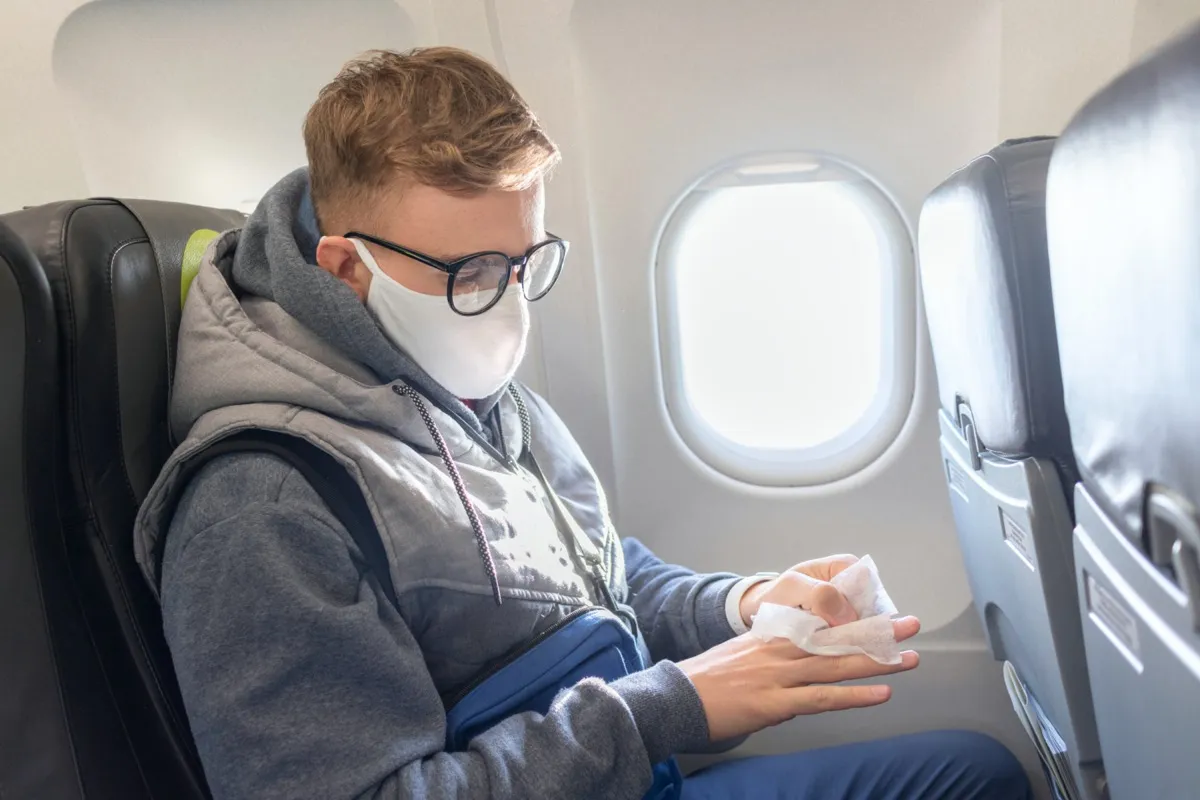Trade organization Airlines for America announced that a group of major U.S. airlines—including Delta, Southwest, United Airlines, American Airlines, and JetBlue—will begin “vigorously” enforcing face-covering policies after reports of travelers not being held to the safety standard. The association made clear that specific carriers will “clearly articulate” their face-covering policy to passengers and may require customers to acknowledge the policy at check-in.ae0fcc31ae342fd3a1346ebb1f342fcb If passengers don’t comply, carriers can implement their own consequences, which could include suspension of flying privileges. This presents a policy shift from just a month ago in which many airlines revealed they had directed flight crews to de-escalate any mask-related conflicts with passengers who refused to wear tasks. But United and Delta Airlines went so far as to announce that any passenger who does not comply with the mask-wearing policy will be placed on an internal travel restriction list that will take away their flying privileges on the airline for a period of time to be determined later. “Those who choose not to comply with this or other safety requirements risk future flight privileges with Delta, which is in keeping with the face-covering enforcement policies Airlines for America recently announced,” Delta said in its announcement. They did not specify how that will work. United’s policy does not include forcibly removing a passenger who refuses to comply, but their announcement notes that the attendants will file an incident report. The airline says that “any final decision or actions regarding a customer’s future flight benefits will not occur onboard but instead take place after the flight has reached its destination, and the security team has investigated the incident.” RELATED: For more up-to-date information, sign up for our daily newsletter. Even before the COVID-19 contagion became a life-threatening concern, the notion of spending a few hours (or more) in a tightly packed airplane inhaling the recycled air of fellow passengers came with fears of getting sick. Knowing what we now know about coronavirus transmission via aerosolized droplets from others nearby, a crowded and poorly ventilated airplane certainly sounds like a high-risk place for contracting the coronavirus. This is why wearing a mask on an airplane is paramount to the public health of passengers and crew members. And a number of major airlines are making it very clear that they expect every passenger to not only board an airplane with a face mask, but to continue to wear it throughout their flight—or else. And for more on how air travel is expected to change, check out 13 Things You May Never See on Airplanes Again After Coronavirus.
